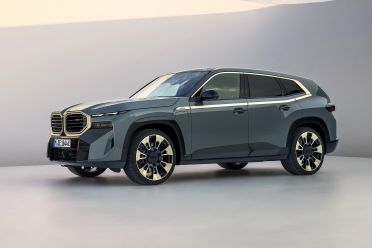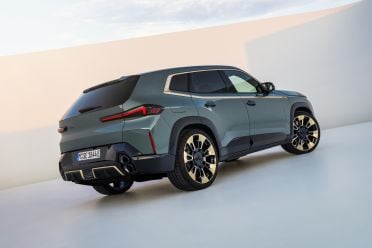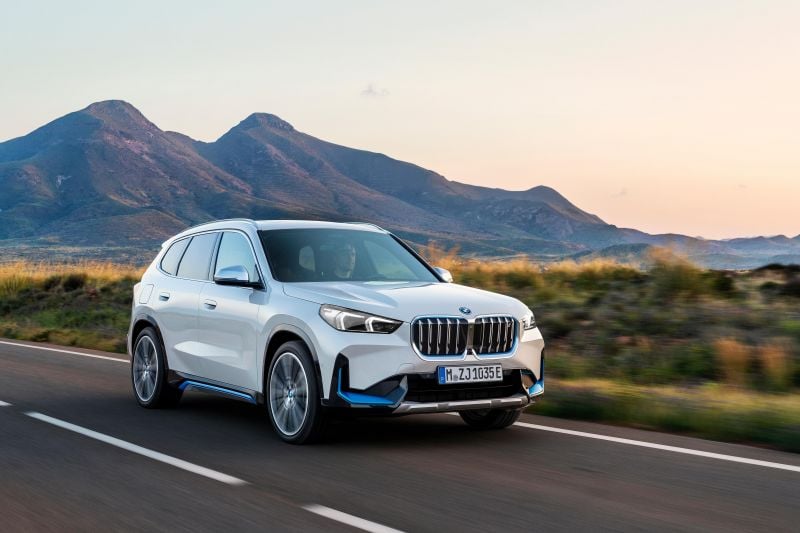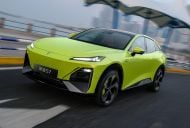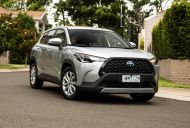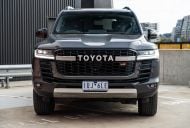BMW plans to offer a choice of petrol, diesel, plug-in hybrid (PHEV), and electric cars for the foreseeable future in Australia.
The approach differs from that of rivals Mercedes-Benz, which recently announced it plans to move away from PHEV power and instead focus on rolling out electric vehicles Down Under.
“They’re an important bridging tool for customers who are looking for the first step of electrification, but who aren’t yet able – or perhaps willing – to commit to a full electric vehicle,” said Daniel Silverwood, product planning manager at BMW Australia.
“Also, if in a particular series or body shape we don’t yet have access to a battery-electric vehicle, [PHEV] plays an important role – in a model like X5, especially with the longer range, longer distance that you can achieve from that particular battery.
“We’re now seeing it from the performance angle as well, so really exciting with the introduction next year of the XM,” he said.
Currently, BMW offers plug-in hybrid versions of its 3 Series and 5 Series sedans, and the X3 and X5 SUVs. Mini also offers a plug-in hybrid Countryman.
Although plug-in hybrid versions of its smaller, more affordable models are available overseas, Mr Silverwood said the appetite for PHEVs is stronger in larger, more expensive parts of the range.
“We have to be selective in which segments the plug-in hybrids make sense,” he said. “We haven’t yet found viability in the compact segment, it’s fair to say.”
“Globally plug-in hybrids are available on X1 and X2. Now, with the new X1 we’re really switching focus onto the iX1 to make that really the driver.”
BMW isn’t alone in sticking with plug-in power Down Under.
Volkswagen has confirmed it’s gearing up to introduce plug-in versions of its Touareg, Tiguan, and Golf to Australia, and its corporate sibling at Audi earlier this year signalled it’s looking to get more PHEVs locally.
On the VFACTS sales charts, PHEVs account for 0.5 per cent of deliveries in Australia to date in 2022. Toyota-style hybrids account for 7.4 per cent of the market, and pure-electric vehicles represent 2.7 per cent.

